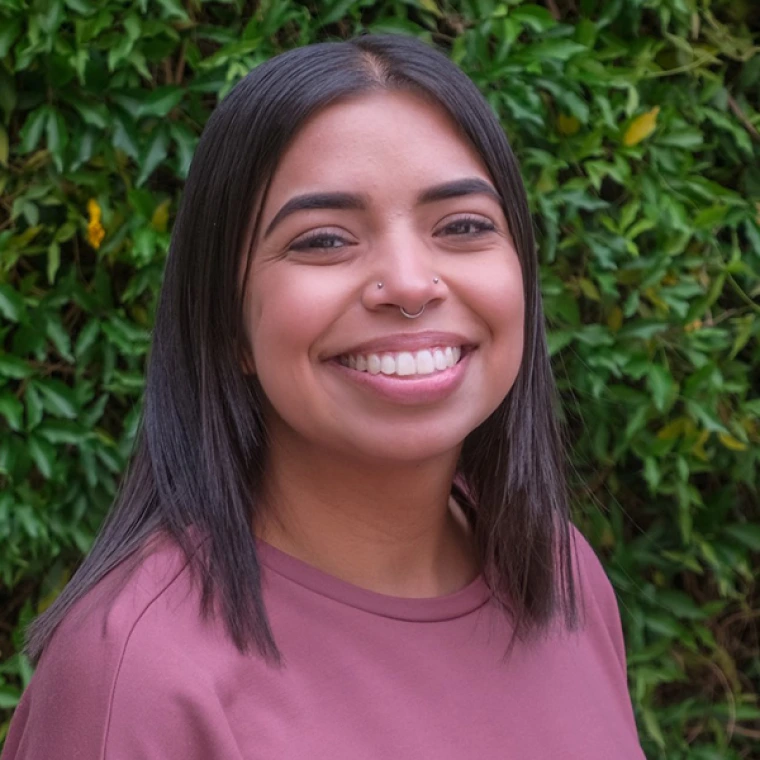Jessika Mesa
Mentor
Monica Ramirez-Andreotta, PhD
Department
Environmental Science Department
Abstract
Co-Created Community Science to Action: Environmental Health Literacy Outcomes
As climate change exacerbates water scarcity, rainwater harvesting for household gardening becomes an increasingly common practice. However, the quality of harvested rainwater is not well studied. Concomitantly, environmental pollution is prevalent, leading to concerns regarding the quality of harvested rainwater. Based on community concern and research questions as well as existing partnerships, Project Harvest (PH), a co-created community science project, was initiated with environmental justice (EJ) communities that neighbor sources of pollution. Community scientists were trained by PH promotoras (community health workers) and collected samples during four prescribed sampling windows each water year from 2017 - 2020. At the inception of PH and before extensive engagement with the promotora and program, a pre-survey was administered to capture a participant’s initial and baseline environmental health literacy (EHL). Then, every year, participants collected samples, attended informal science education activities, and received their individualized and aggregated environmental monitoring results via a booklet, interactive website, and bilingual community gatherings and data sharing events. There were a total of 21 participation activities by the end of PH. At the end of PH, a post survey was administered to determine EHL gains as a result of PH. Here, we present the results and comparison of the pre- and post-survey qualitative and quantitative survey data, the participation index, and DIY vs Lab sampling. In this effort, we measured outcomes and changes in numeracy, scientific knowledge, self-efficacy for learning science, doing science, and environmental action, project motivation, and individual and short and long-term community-based actions. We propose that these findings will support co-created community science efforts with EJ communities. The analytical mixed methods used and results will inform EHL efforts, effective environmental health/science communication, translation methods to move from data to action, and community-level environmental protection.


